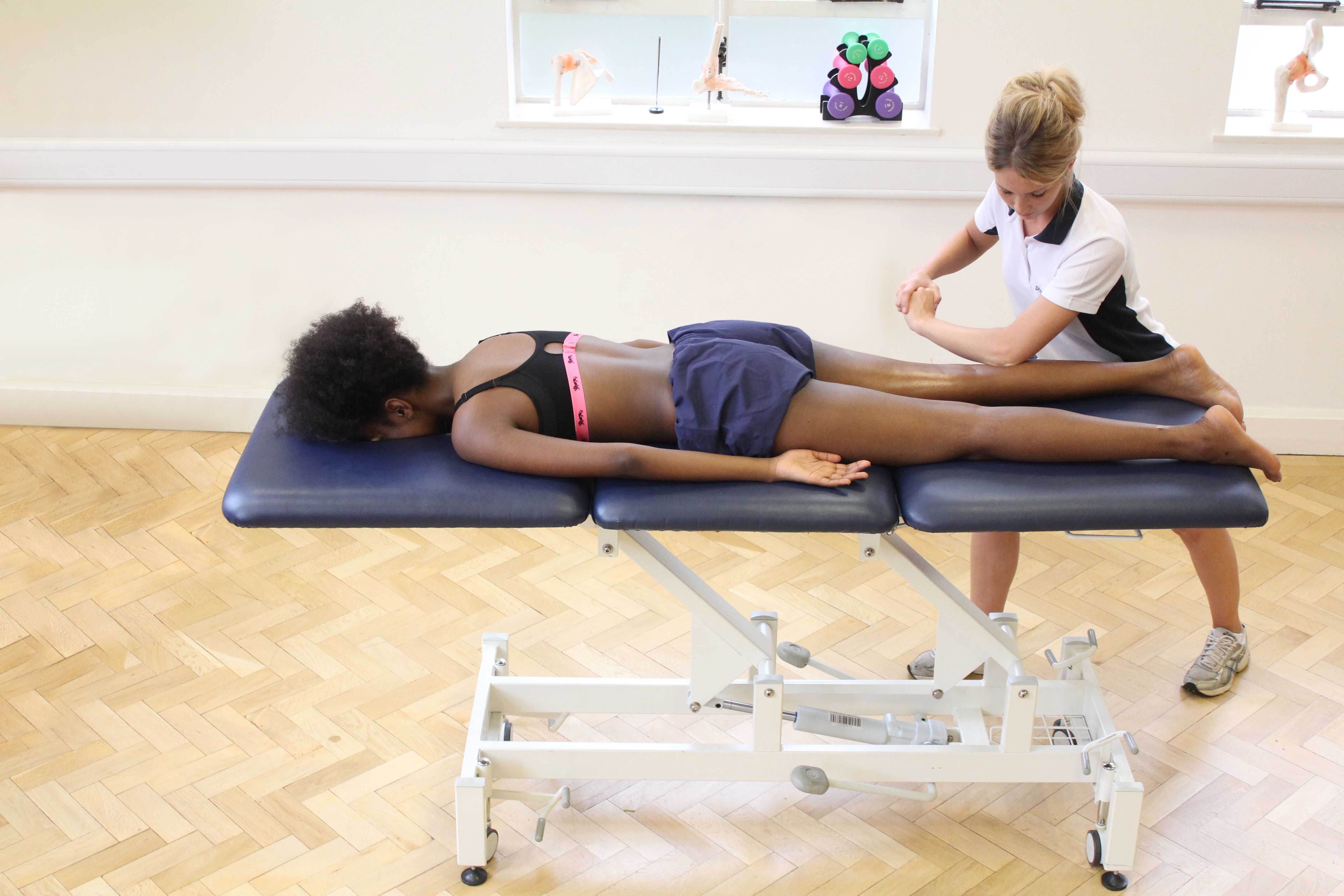
Symptoms of Spasticity ? • Increased muscle tone • Overactive reflexes • Involuntary movements, which may include s… | Bone and joint, Muscle tone, Skeletal muscle

PharmaSynth on Twitter: "With daily practice of yoga you can see increased muscle tone. https://t.co/9kMn8POoof #covid19 #health #healthylifestyle #coronavirus #pharmasynth #yoga #stress #stressmanagement #peace #meditation #heart #heartdiseases ...

Increased Muscle Tone in Pre-term Infants as a Sign of Neuromaturation and Options for its Assessment | Semantic Scholar


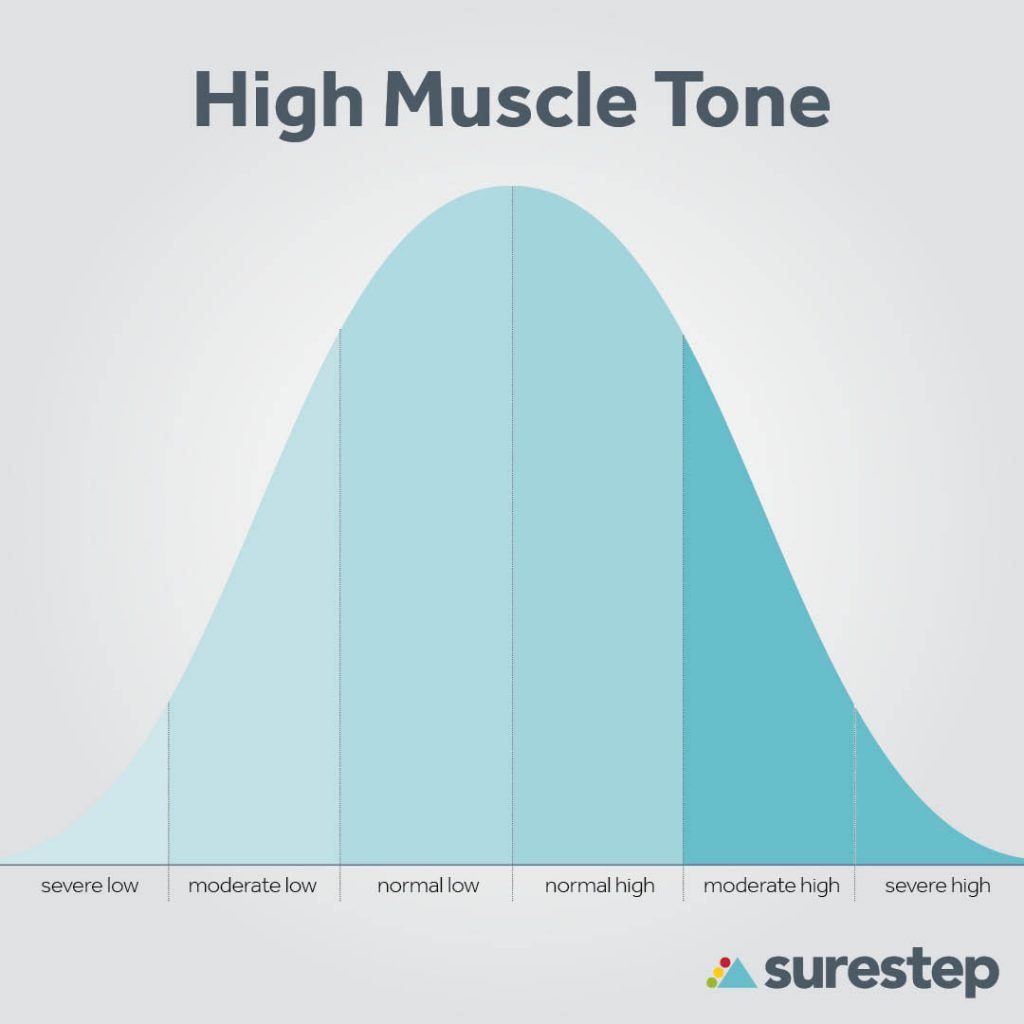
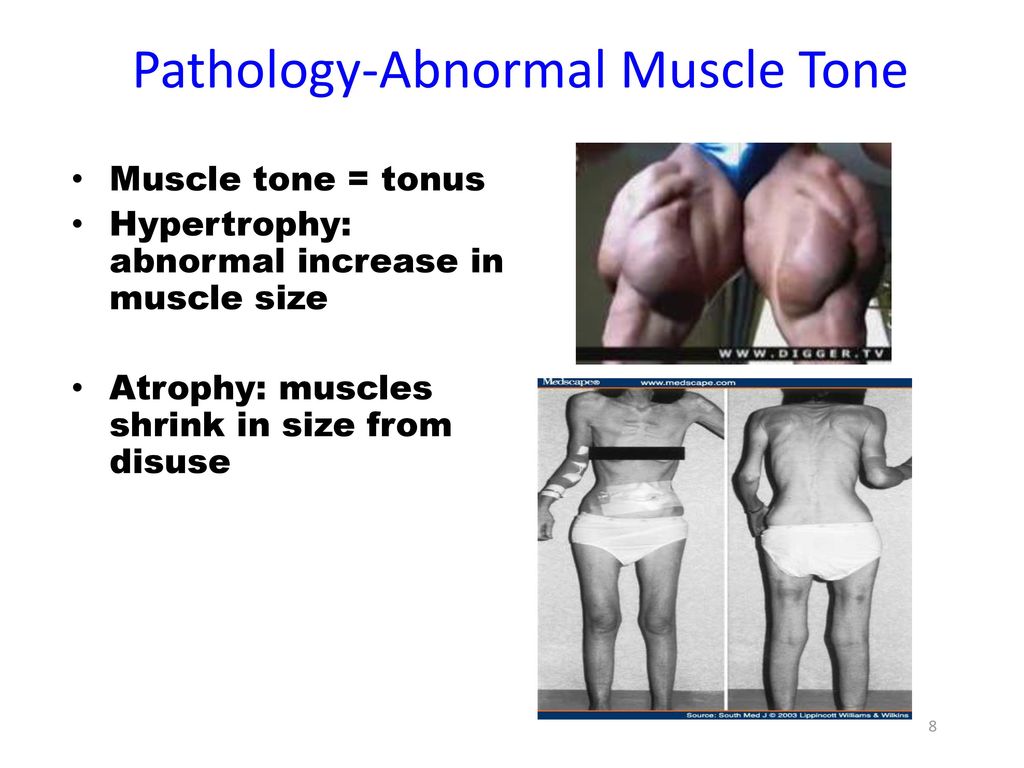
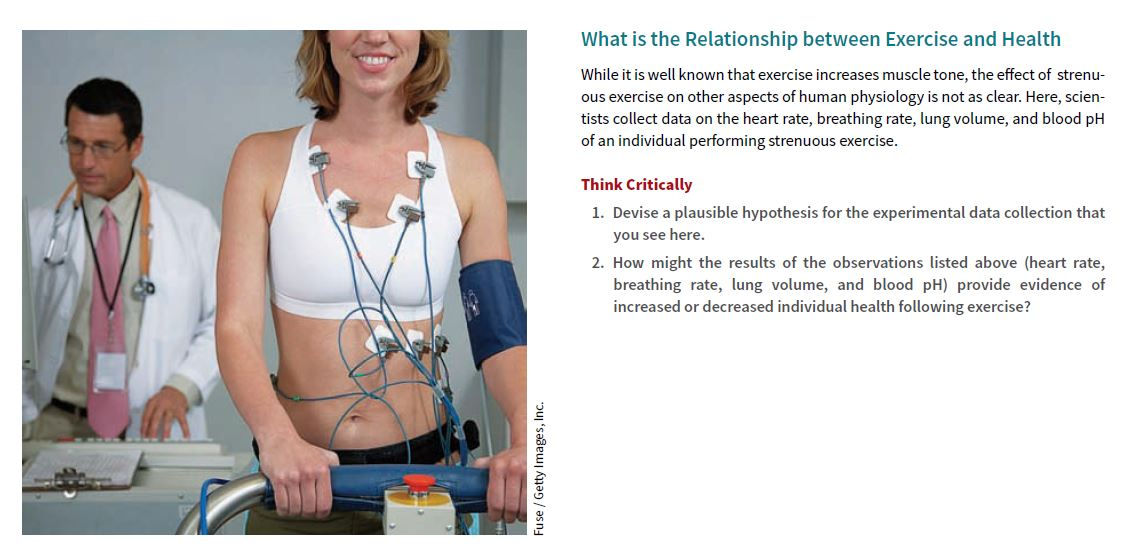
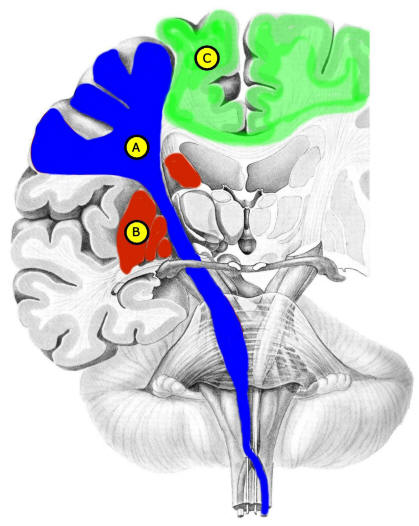


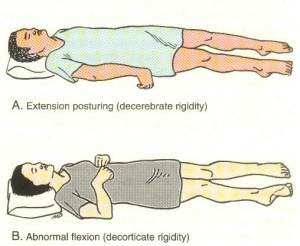
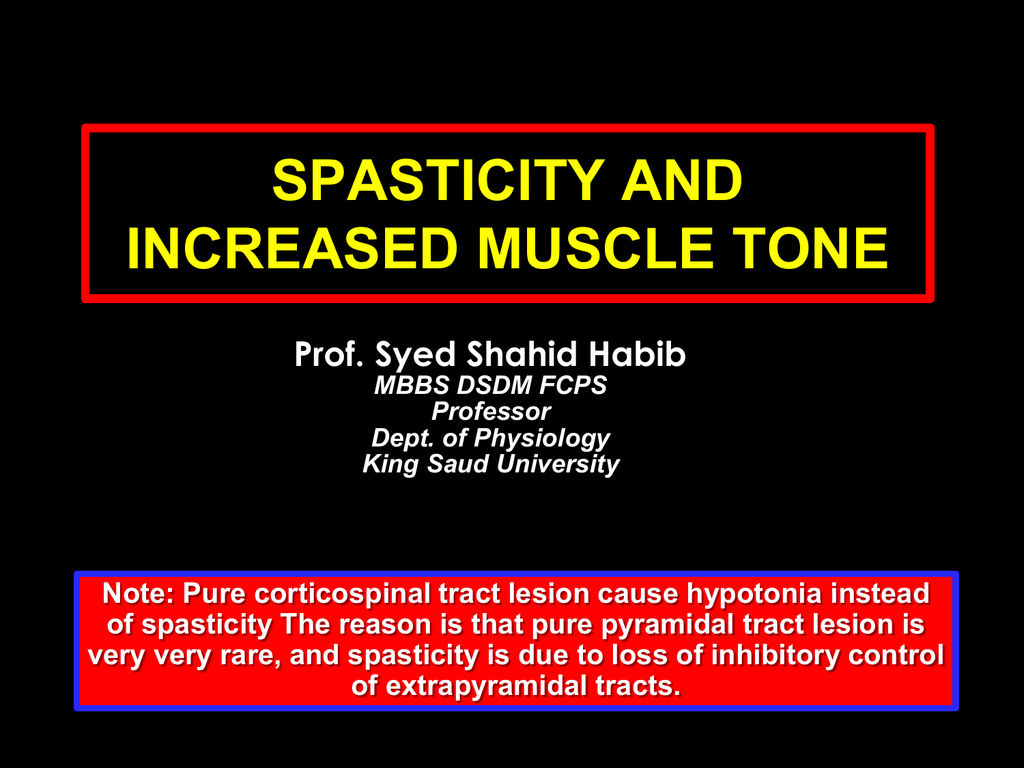

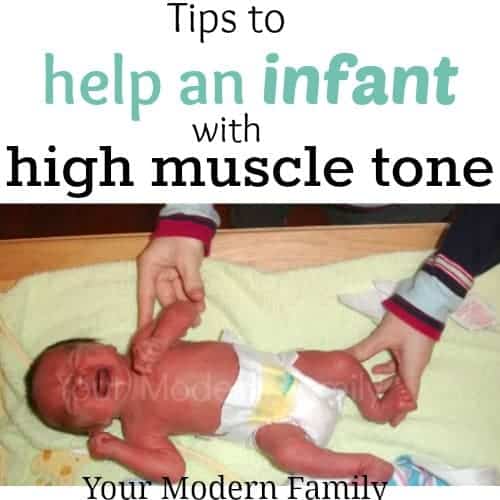
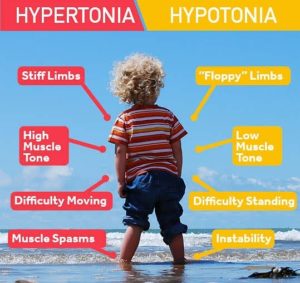
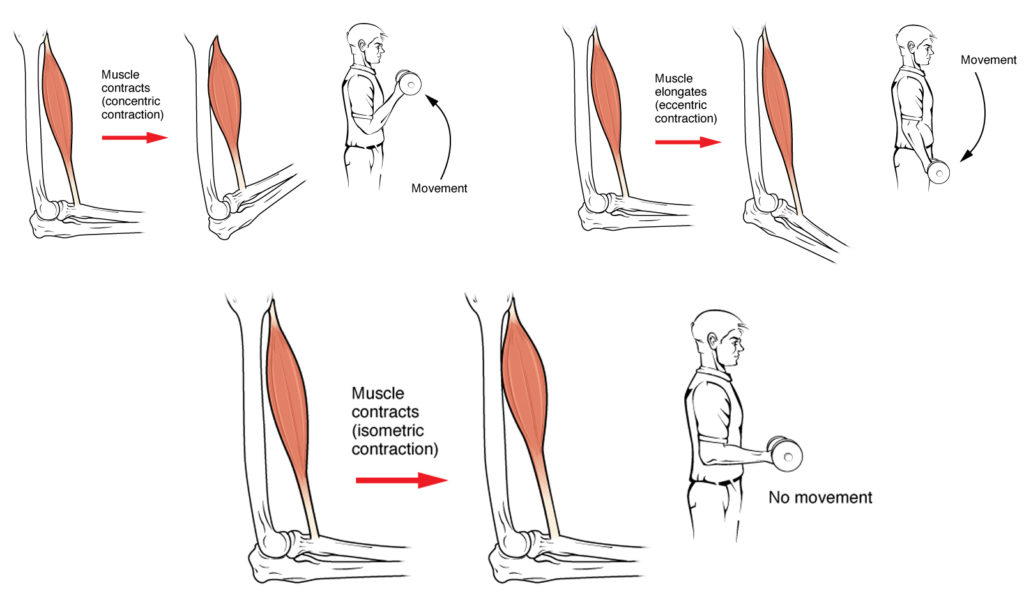
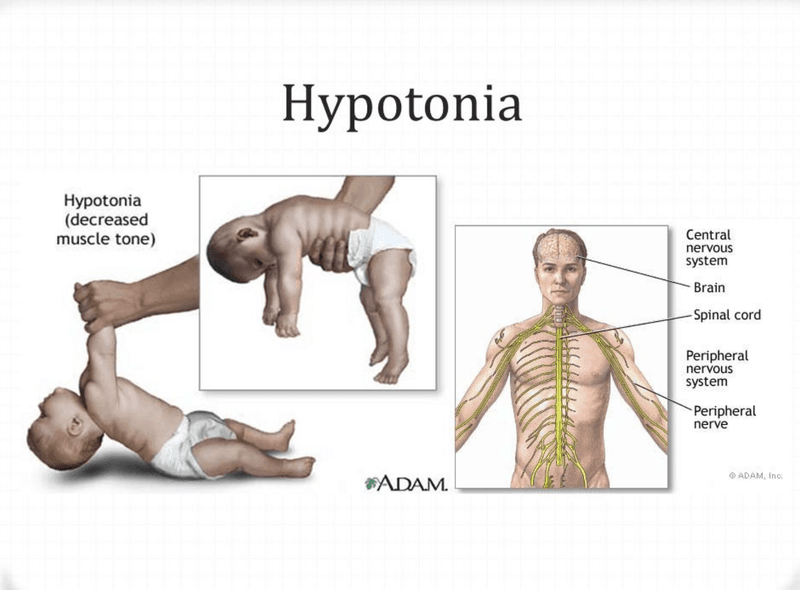



:max_bytes(150000):strip_icc()/how-your-muscles-are-affected-in-ms-4158565_v2-062a957faec24956a873f2561d000e5f.png)


